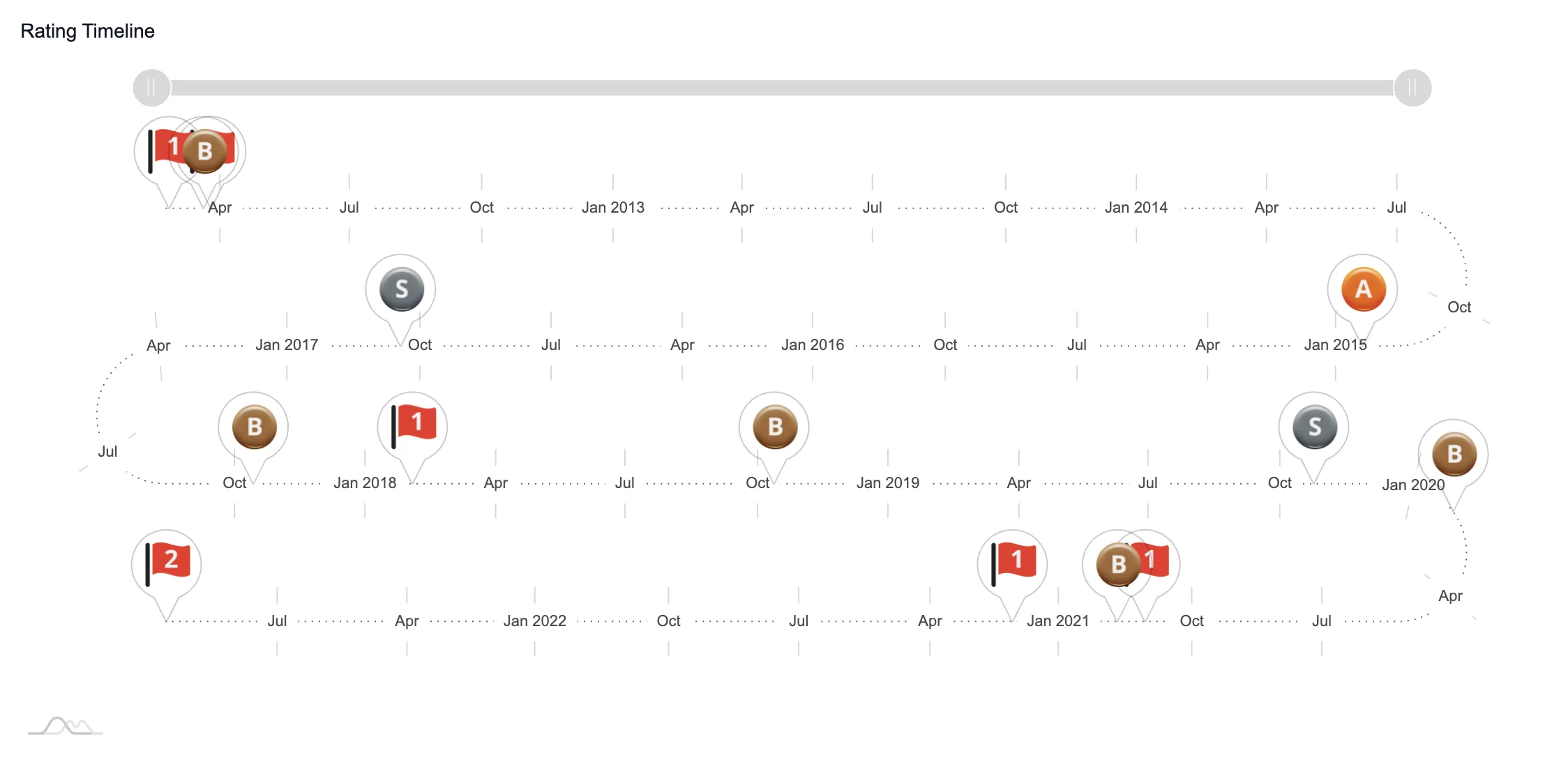How to React to the First Gazette Notice for Compulsory Strike Off
How to React to the First Gazette Notice for Compulsory Strike Off
Blog Article
Abiding By Regulatory Responsibilities: Secret Factors for Compulsory Strike off Implementation
From careful paperwork techniques to proactive interaction with governing authorities, there are vital aspects that organizations have to think about to browse this process properly. By recognizing the subtleties of regulatory conformity and the ramifications of non-compliance, organizations can secure their procedures and track record.

Regulatory Conformity Assessment
When performing a governing conformity analysis, it is important to carefully examine and examine all appropriate laws, guidelines, and guidelines that refer to the particular sector or procedure in concern. By completely taking a look at the legal structure, organizations can make certain that they understand their obligations and are furnished to maintain the needed standards stated by governing bodies.
Throughout the evaluation procedure, it is critical to recognize any type of gaps between governing needs and present practices. This space evaluation allows organizations to determine areas of non-compliance and take restorative actions to mitigate dangers. compulsory strike off. Carrying out a detailed evaluation enables business to develop inner controls and protocols that straighten with governing assumptions.
Furthermore, a governing compliance analysis serves as an aggressive measure to stop potential infractions that might result in costly penalties or reputational damage. By remaining abreast of governing changes and continually examining their conformity status, organizations can foster a society of adherence to legal demands and ethical standards. Ultimately, a comprehensive regulative conformity evaluation is foundational in advertising operational integrity and sustainability.
Paperwork and Record-Keeping
Ensuring precise documentation and specific record-keeping practices is a cornerstone of governing conformity in any market. Correct paperwork not only aids in meeting legal requirements but additionally offers as an essential device for internal monitoring and decision-making processes. Organizations needs to develop durable systems for recording vital activities, purchases, and decisions to ensure transparency and responsibility.
Preserving precise records is necessary for showing conformity throughout regulative audits or investigations. Records must be organized, easily obtainable, and preserved for the necessary period as per regulative standards. Executing a centralized electronic file management system can simplify record-keeping procedures, improve information security, and alleviate the risk of info loss or meddling.
Regular audits of documentation methods are critical to identify voids or variances that might lead to compliance concerns. Training employees on correct record-keeping procedures and data security procedures is likewise critical to support governing standards. By focusing on thorough documents and record-keeping, organizations can proactively reduce compliance risks and cultivate a culture of accountability and stability within the firm.
Timely Entry of Reports
Proper documents and record-keeping techniques lay the foundation for governing conformity; in a similar way, prompt submission of records is vital in demonstrating adherence to established methods and satisfying reporting commitments. Timely submission of reports makes sure that regulatory bodies obtain up-to-date and exact details regarding the entity's procedures, financial standing, and conformity with pertinent regulations and guidelines.
Failing to submit records promptly can result in fines, penalties, or various other enforcement activities. It can additionally elevate suspicions about their website the entity's overall conformity culture and governance techniques. To facilitate timely submissions, organizations ought to develop clear reporting timelines, designate enough resources for report preparation, and apply robust interior controls to monitor due dates and guarantee accuracy.
Furthermore, timely entry of reports enhances transparency and responsibility, promoting trust fund with stakeholders, consisting of capitalists, regulatory authorities, and the public. It signals a commitment to excellent administration techniques and regulatory conformity, which can positively impact the entity's track record and reputation in the market. By focusing on the timely submission of reports, companies show their commitment to running with stability and based on appropriate legislations and laws.
Financial Openness and Responsibility
Showing financial transparency and liability is vital for fostering trust and reliability within a company's stakeholder neighborhood. first gazette notice for compulsory strike-off. By providing clear and accurate financial information, firms can showcase their dedication to honest practices and appear governance. Transparency in financial reporting permits stakeholders to assess the organization's efficiency, make notified choices, and hold monitoring liable for their activities
To make certain financial transparency, companies need to stick to accountancy standards and policies, accurately record monetary deals, and reveal info in a timely manner. Regular audits by independent 3rd parties can even more confirm the accuracy and dependability of economic declarations. Furthermore, implementing inner controls and segregation of responsibilities can assist avoid fraud and errors, boosting overall responsibility.
Reliable interaction of economic information with annual reports, financier discussions, and stakeholder meetings is crucial for maintaining openness. Business must engage with stakeholders, address concerns, and respond to inquiries without delay to build depend on and enhance connections. Ultimately, a dedication to economic transparency and accountability not just fulfills regulatory requirements however likewise enhances the organization's credibility and sustainability.
Interaction With Regulatory Authorities

Additionally, aggressive communication can aid attend to prospective compliance issues before they intensify, thereby protecting against even more considerable regulative issues in the future. Routine dialogue with governing authorities also permits companies to remain notified regarding any modifications in laws or coverage demands, allowing them to visit the website adapt their practices as necessary. By preserving open lines of communication and without delay resolving any type of questions or requests from governing authorities, companies can browse the regulative landscape better and maintain their commitment to conformity and accountability.

Conclusion
In final thought, ensuring compliance with governing obligations is important for the successful application of required strike off measures. By performing normal analyses, maintaining detailed paperwork, submitting reports my sources promptly, exercising financial openness, and connecting efficiently with regulative authorities, organizations can reduce the risk of encountering fines or being struck off. It is imperative for entities to maintain their responsibilities and abide by governing requirements to prevent any kind of adverse consequences.
Making sure meticulous paperwork and specific record-keeping techniques is a cornerstone of regulative conformity in any market.Amidst the imperative of keeping monetary openness and accountability, efficient interaction with governing authorities stands as a critical component in supporting business compliance and stability. Timely and clear interaction with regulatory bodies fosters trust fund and shows a dedication to governing conformity, which is necessary for the smooth procedure of any organization. Supplying accurate and complete info guarantees that regulative bodies have a comprehensive understanding of the organization's activities and can make informed decisions regarding conformity issues.
By maintaining open lines of interaction and immediately attending to any inquiries or demands from regulative authorities, organizations can browse the regulative landscape more successfully and promote their commitment to compliance and accountability.
Report this page